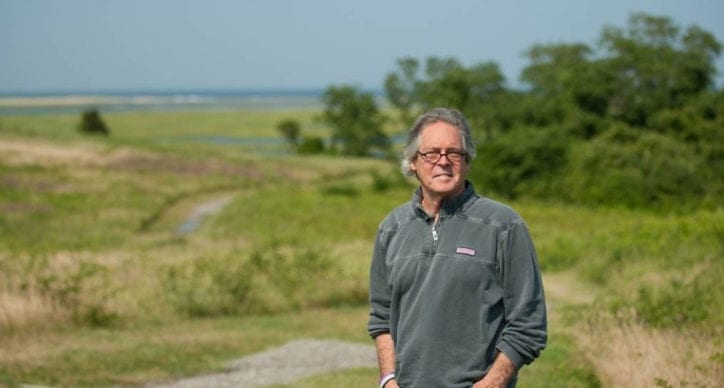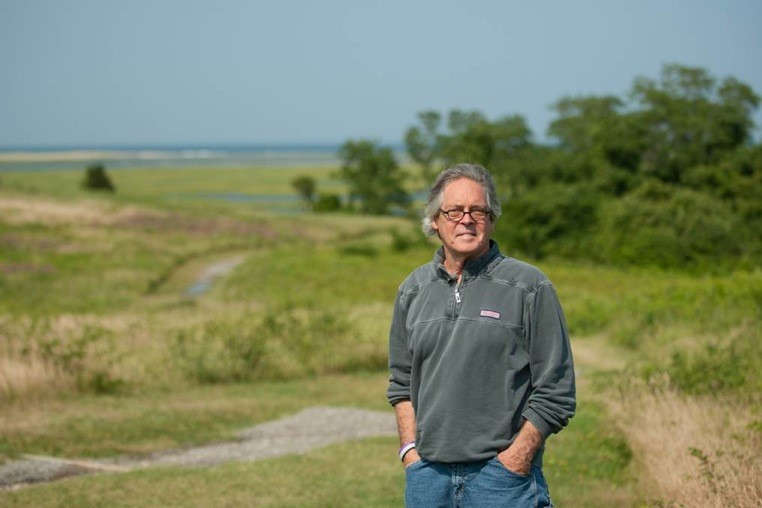What’s in a number?
For a guy who took dummy math in high school, I think plenty when you look at the facts.
As the Cure Alzheimer’s Fund embraces its 15th anniversary, it is stunning what the organization has accomplished in the urgency of this cause to slay a demon poised to take out the Baby Boom generation and generations to come—our children and our grandchildren—unless we find a cure soon. Cure Alzheimer’s gallantly is funding the world’s leading Alzheimer’s researchers and providing rapid review and approvals for submitted grants. I’ve found that increased public awareness is essential for greater government and philanthropic funding.
So, what’s in a number?
Plenty, when you consider what’s at stake.
- An estimated 5.7 million Americans have Alzheimer’s, 44 million worldwide, yet only one in four, the experts say, get diagnosed. The numbers of those afflicted with Alzheimer’s and other forms of dementia is expected to double or triple in years to come.
- Tick, tick, tick…Every 65 seconds, someone in the United States develops Alzheimer’s. By 2050, that will occur every 33 seconds, the experts say, every three seconds worldwide. While deaths from other major causes continue to decline, Alzheimer’s deaths have more than doubled, rising 123 percent in recent years. By comparison, the number of deaths from heart disease—the leading cause of death in the United States—fell 11 percent.
I know the frontline well. Alzheimer’s stole my maternal grandfather, my mother, my paternal uncle, and before my father’s death, he, too, was diagnosed with dementia.
Now Alzheimer’s has come for me.
I was diagnosed about nine years ago with Early Onset Alzheimer’s after experiencing the horrific symptoms. A battery of clinical tests, brain scans, a SPECT scan and a Pet scan confirmed the diagnosis, which doctors say was accelerated by two serious head traumas that “unmasked a disease in the making.” I also carry the Alzheimer’s marker gene APOE-4, which appears to be on both sides of the family. The diagnosis came two weeks after I was diagnosed with prostate cancer, which, in consult with my doctors and family, I am not treating. It is my exit strategy.
So where am I today? Sixty percent of my short-term memory, at times, can be gone in 30 seconds; more and more I don’t recognize people I’ve known all my life; I experience penetrating, horrifying hallucinations, fly into inexorable rage when the light in the brain goes out; I have a debilitating loss of filter, loss of self, judgment and time and place, intense withdrawal, and at times a paralyzing numbing of the mind and body. I also have no feeling in both my feet up to my knees, and sustain blackouts and right side of body collapsing without notice, given the brain signals are not properly connecting. I have acute spinal stenosis and scoliosis, a condition accelerated by breakdown of body.
Stephen King could not have designed a better plot for a sickness that slowly steals the mind, then pilfers the body, then robs your finances, pushing families, like mine, to bankruptcy. Then, there’s the depression that seems to have no bottom, the flirts with suicide. This is a complex, wholly misunderstood, disease for which there is no cure now. You can’t remove a brain.
So please don’t be fooled by the inaccurate stereotypes of this disease. There are millions of individuals living with Alzheimer’s in the early stages, still highly functioning, perhaps not even diagnosed yet, who are fighting off dire symptoms daily and beyond the observations of others. Collectively, our minds, in many ways, are like iPhones—still sophisticated devices, but with a short-term battery that pocket dials and gets lost easily.
We don’t want your pity; we’re hoping for our support. Those on this journey aren’t stupid; we just have a disease that at times, often without notice, takes us down—dramatically diminishing, more and more, our ability to function.
Yet Alzheimer’s can’t take your soul.
My soul today is with the research genius of the Cure Alzheimer’s Fund, which has been a tremendous support for me and my family for many years. And so, I fight in faith, hope, and humor—for my children, your children, my grandchildren and your grandchildren—while personal heroes like Dr. Rudy Tanzi of the Cure Alzheimer’s Fund, race for a cure. I pray for that numerous times a day.
What’s in a number? I’m hoping it drives one to support the Cure Alzheimer’s Fund.
Amen to that!



